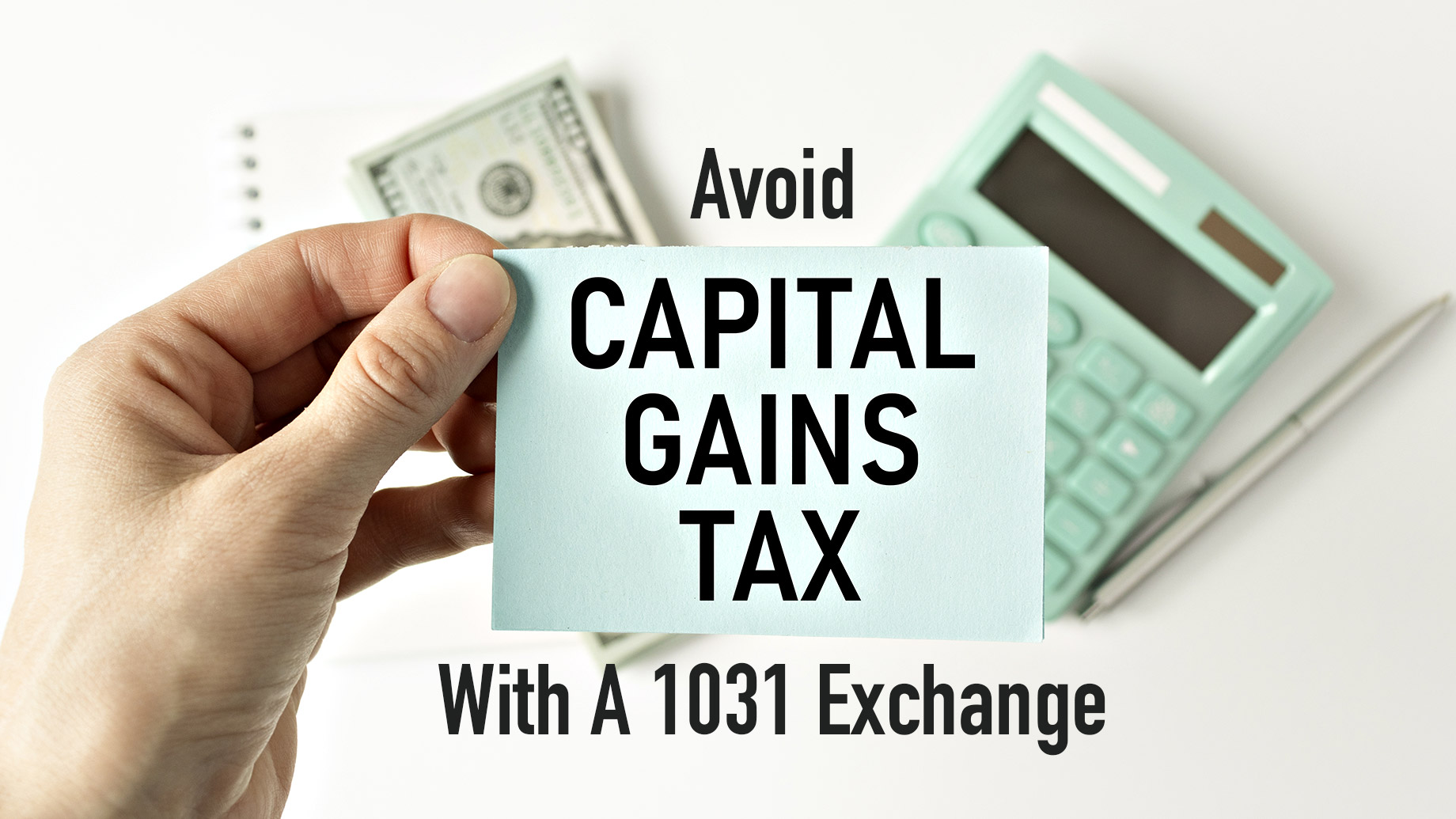
Investing in property can be a great way to build wealth for yourself and future generations of your family. But selling property you’ve bought for a profit can leave you obligated to pay capital gains taxes if you don’t take the right steps to defer them. A 1031 exchange, named after Section 1031 of the U.S. Internal Revenue Code, can help you swap one investment property for another without paying capital gains taxes – at least not right now.
In order to do a 1031 exchange, you’ll need the help of a qualified exchange facilitator or intermediary. This person will receive any proceeds from the sale of your investment property so that you’re not obligated to pay capital gains taxes on them. He or she will then invest those proceeds into the new property. Here’s how it all works.
Qualifying a Transaction as a 1031 Exchange
You can only perform a 1031 exchange when you sell an investment or business property and then buy another one similar to it. You can’t use 1031 exchanges to avoid capital gains taxes on personal property, like your primary residence or your vacation home that you don’t rent out. However, if you were to convert your primary residence or a vacation home to an investment property, by moving out and actually renting the property to a tenant, you would be able to perform a 1031 exchange after a reasonable amount of time has passed – usually six months to a year. Furthermore, you can only perform a 1031 exchange on real property – stocks, bonds, and other assets aren’t allowed to be exchanged under 1031 rules.
In order to qualify a transaction as a 1031 exchange, you have to swap it for another property of “like kind.” That doesn’t necessarily mean that you need to buy the exact same kind of property, but rather an investment or business property of a similar nature. So, you can swap vacant land for developed land, an industrial building for an apartment building, a hotel for a medical complex, and so on.
How to Perform a 1031 Exchange
In order to perform a 1031 exchange, you should consult a tax professional and find a qualified intermediary to help you make the exchange. You can’t use as an intermediary anyone who has been your real estate agent, accountant, employee, attorney, or banker within the past two years. You also can’t use a relative as your intermediary.
Once you have sold your property, you have 45 days from the close of that sale to designate a replacement property. Many people identify the property they want to sell and the replacement property before the 1031 exchange process begins. You can designate up to three replacement properties, and more under certain conditions, and you only have to close on one of them. You have to close on the purchase of the new property within 180 days of the sale of the old property. You don’t necessarily have to buy the replacement property after selling the original property – you can buy the replacement property first and then sell the original, and you can still benefit from a 1031 exchange as long as you follow the appropriate timelines.
Other Things You Need to Know
Using a 1031 exchange can defer your capital gains taxes, but not forever – if you ever sell your investment property outright, you’ll owe capital gains taxes on any profit. You also can’t take possession of the proceeds of the sale of your original property at any point during the process – doing so could make you obligated to pay capital gains taxes.
If you have any cash left over after your intermediary completes your 1031 exchange, you’ll owe capital gains taxes on that cash. Cash left over at the end of a 1031 exchange is known as a boot, and it’ll be taxes as partial profits from a sale of property. You can also incur tax liability if you end up owing less on the new property than on the old property. For example, if you owed $500,000 on the mortgage on your original property, but will owe only $300,000 on the new property, then those $200,000 will be considered a boot and will be subject to capital gains taxes.
A 1031 exchange can be a great way to switch up your investment portfolio without paying capital gains taxes on the sale of your investment properties. It basically leaves you with more money to invest in your new property, so you can focus on growing your wealth.